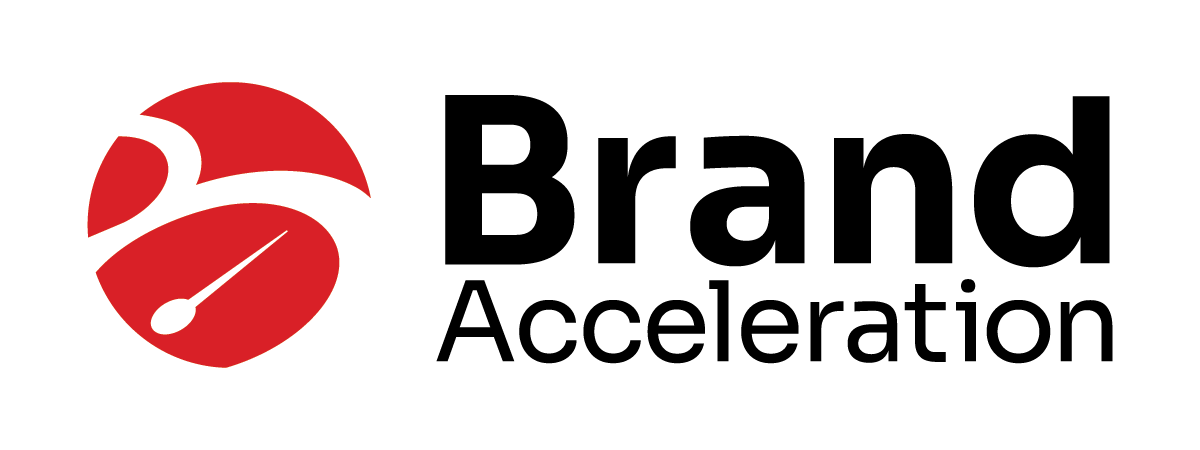Jim Walton, CEO, Brand Acceleration, Inc.
We’ve all seen those television ads for matchmaking websites that allow people can go online, fill out a personality profile, and click a few boxes and, like magic, the love of their life is right there in front of them.
Don’t you wish there was something like that in the economic development industry? Where site consultants and corporate executives could go online, check a few boxes, and maybe even take a personality quiz to determine whether they fit your community and whether it fits their company culture.
I was traveling with a site consultant friend recently and he told me about a time when he was with a corporate executive, going from city to city, doing site visits. They met with area stakeholders, visited employers, educators, utility representatives, and retailers, trying to get a feel about which community might be the better fit. He told me about a moment when they were in the car and the corporate executive turned to him and said, “I just don’t think we’re a fit for this community.” The interesting thing about his comment wasn’t that the community was bad, it was that the company wasn’t a fit for the community.
You know, we all work under the assumption that the things that matter are buildings, sites, workforce, infrastructure, utilities, rail, highways, and incentives. Of course, these are important. Occasionally, a business has a very strong personality or culture. The way they select and train their people, the way they operate their business, and the way they interface with a community can sometimes mean the difference between success and failure. For example, when you go into a Starbuck’s, you know what kind of person you will encounter. They’re usually very outgoing, bubbly, and sometimes a bit funny. Similarly, prospective employers bring with them a very strong business culture or personality. During a site visit, the visiting exec can often tell that the personalities don’t match. It just may not work. But, sometimes the fit is perfect!
There is a lot to be said about the economic developer who does a little research to learn about the company’s personality. Much of this intelligence can be found on the company’s website. If their website is very formal, serious, and has a strong formal tone, there’s a good chance it matches the company culture. On the other hand, if the company website is very contemporary and youthful, that is likely a reflection of the company personality.
You, as the economic developer, need to be aware of this information and whether the personality of the community is a match. If your community matches their style, then you might have an advantage over communities that either don’t fit or didn’t recognize this unique opportunity. And, you should point out similarities during the site visit and with your advance communications. Beware, though, not to fake it. They’ll see right through such an attempt and it’ll likely work against you.
There’s another important piece to their review of your area. When a company is considering bringing jobs and investment, they’re going to look at your community in a number of ways. They’ll take a look at your economic development website, check out available sites and buildings, and review the area economy. They will very likely take a look at what’s going on behind the scenes. A site consultant friend once told me that if he goes on media or community websites and sees meeting minutes or videos that show nasty bickering and bitter arguing over a prospective business project, he’ll scratch that community from his list and head on down the road. “I just don’t need that stuff,” he told me, “I have other options.”
Community activist groups can also hinder business opportunities. Sure, these groups sometimes have legitimate concerns that need to be heard, but “in your face” tactics can sometimes be harmful. They sometimes influence elected officials and the decisions that are made as they relate to landing a jobs project. These groups, if loud enough, may cause a company to remove a community from consideration.
So, back to the question; will they love you? Who knows? Sometimes it’s just not a fit. But sometimes the community stakeholders, educators, utilities, residents, and others will pull out all the stops and show company leaders that their community is the perfect place. They show that they truly want them and that they will work as partners to share in the hard work and in their success.
I hope your community is just such a place.
